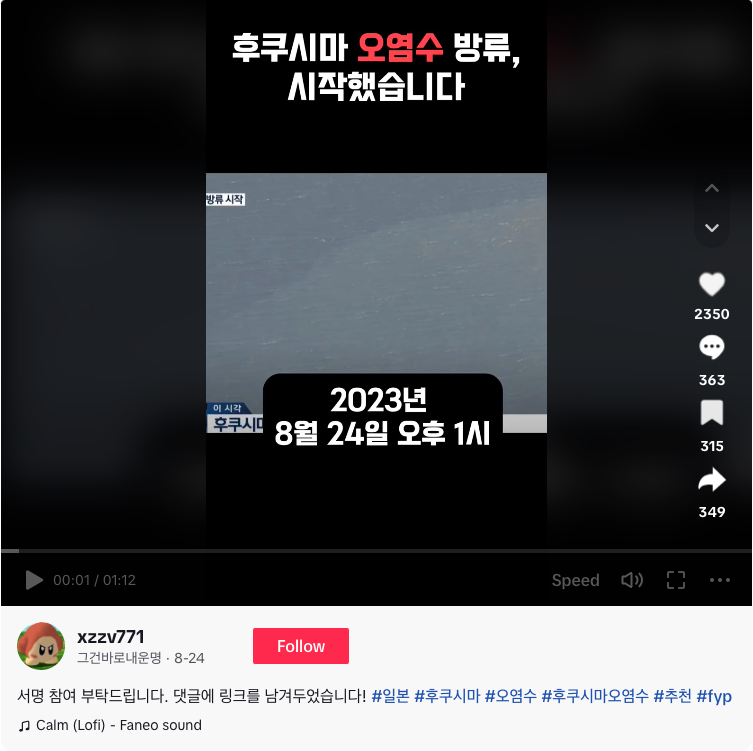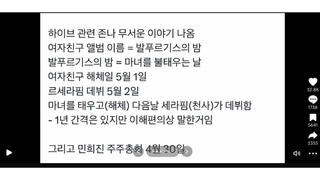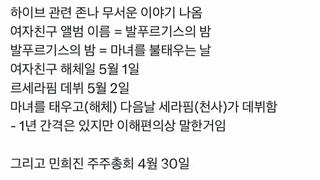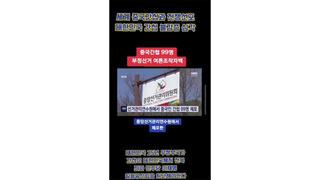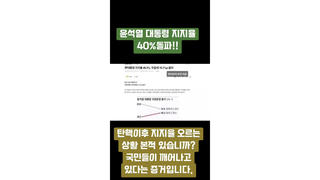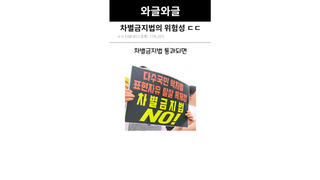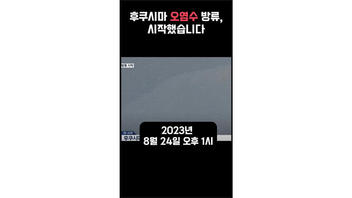
Does the Fukushima contaminated water being discharged from Japan contain harmful levels of tritium, a naturally occurring radioactive form of hydrogen? No, that's not true: The contaminated water produced at the Fukushima Daiichi nuclear power plant was treated and diluted before being released into the sea, and its levels of tritium are well within what is considered safe.
The claim appeared in a a video (archived here) published by @xzzv771 on TikTok on August 24, 2023, with the caption: "서명 참여 부탁드립니다. 댓글에 링크를 남겨두었습니다!" or, "Please participate in signing the form at the link provided in comments."
The TikToker includes two links in the comments, for viewers to sign petitions against the discharge of contaminated water from the Fukushima nuclear power plant - a complaint filed with the United Nations Human Rights Committee and a campaign by the Democratic Party of Korea.
The video opened:
Japan began discharging Fukushima contaminated water on August 24, 2023, at 1 p.m.
(All translations from Korean to English by Lead Stories staff).
This is what the post looked like on TikTok at the time of writing:
(Source: TikTok screenshot taken on Wed Sep 27 01:48:04 2023 UTC)
On March 11, 2011, an earthquake, a tsunami and a nuclear accident took place in northeastern Japan. It is known as the Great East Japan Earthquake, according to the country's Reconstruction Agency, which was established to coordinate reconstruction activities related to the 2011 disaster. With regard to the tsunami that resulted in meltdowns at the Fukushima Daiichi nuclear plant, the page states:
Water subsequently used to cool the debris, along with rain and groundwater flowing into the site, has become contaminated with radioactive nuclides. Although contaminated water continues to be generated to this day, its generation has been effectively reduced by measures such as a frozen soil-wall in the ground to block groundwater from seeping into the contaminated areas and an impermeable sea-side steel wall to prevent leakage.
In April 2021, Japan announced that it would discharge contaminated water that was treated and stored at Tokyo Electric's (TEPCO) Fukushima Daiichi nuclear power plant into the sea, according to the International Atomic Energy Agency (IAEA).
The TikTok video mainly claims that the discharge of Fukushima contaminated water is harmful to humans because it contains tritium, and says that exposure to this radioactive isotope of hydrogen will cause cancer and infertility as well as kill organisms.
The speaker points to the water cycle to say there is no way to avoid the resulting radiation. As translated by Lead Stories staff, he claims:
Because water circulates, the bottom line is that it comes back to us. In other words, (we are) being exposed to radioactive rain... drinking (radioactive) water... and eating vegetables that were also exposed to radioactive rain.
However, exposure to low levels of tritium is not harmful and the release of tritium from nuclear plants is not new, according to experts and publicly-available information from regulatory authorities.
Tritium is naturally produced in the upper atmosphere, and all humans and animals, who contain water, have some type of tritiated water, or HTO, according to Jim Happell, director of The Tritium Laboratory at the University of Miami. He added that tritium can also be man-made through the detonation of hydrogen bombs in the atmosphere as well as via nuclear power plants.
Water can contain tritium because it has hydrogen in it. All nuclear power plant produce HTO and because it behaves just like H2O and is nearly impossible to separate, all nuclear power plant are permitted to release HTO.
The IAEA's FAQ page on tritium and the Fukushima nuclear power plant states that water stored at the Fukushima nuclear power plant was treated through a filtration process called Advanced Liquid Processing System (ALPS) to remove 62 radionuclides from contaminated water.
The IAEA's page also states:
Most nuclear power plants around the world routinely and safely release treated water, containing low level concentrations of tritium and other radionuclides to the environment as part of normal operations.
Douglas Kip Solomon, a professor of geology and geophysics at the University of Utah and the principal investigator at the university's Noble Gas Lab, said that "virtually everyone in the world drinks water with low levels of tritium." He added:
Most nuclear power plants dilute the tritium into nearby rivers or the ocean to very low concentrations. Tritium has a half life of 12.32 years so it eventually decays away. The decay product of tritium is a harmless noble gas (helium-3).
Japan's Ministry of Economy, Trade and Industry website also includes a page on ALPS treated water, noting that tritium in the water stored at the Fukushima nuclear power plant is diluted to a concentration that is less than 1/40 of the safety standard or 1/7 of the World Health Organization's standards for drinking water. The page also includes graphics illustrating the purification process for the contaminated water before discharge.
Joel Cehn, a certified health physicist who measures radiation levels around nuclear power plants, said the claim that tritium from the Fukushima treated water discharge will cause cancer and kill sea organisms "sound completely overblown" and reiterated that tritium is harmful only at high doses.
Happell echoed that the claims are "overblown" and said the amount of tritium released from the Fukushima nuclear power plant will not result in cancer or kill any sea organisms. As for radioactive rainfall, he added:
All rainfall contains tritium because tritium is naturally produced in the upper atmosphere. This has always been the case, even before man-made releases of tritium began in the 1950's. So in a sense all rainfall is radioactive and has been for the entire time it has been raining on earth. So in other words all humans have been exposed to radioactive rainfall, ever since humans have been on the earth.

